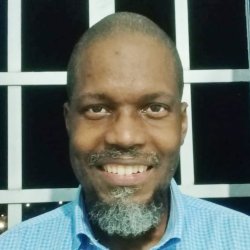満足度
(平均4.97|評価数4817)
お気に入り登録数: 505
| 名前 | Charles S. |
|---|---|
| 性別 | 男性 |
| 国籍 | ガイアナ |
| 現住国 | Brazil |
| キッズ | |
| 日本語 | なし |
| Eigox登録日 | 2019年06月03日 (登録期間 : 6年8ヶ月) | |||||||||||||||||||||
|---|---|---|---|---|---|---|---|---|---|---|---|---|---|---|---|---|---|---|---|---|---|---|
| 講師経験年数 | 3年以上 | |||||||||||||||||||||
| ニックネーム | Charles (チャールズ) | |||||||||||||||||||||
| 自己紹介 |
THE SHORT VERSION:
|
|||||||||||||||||||||
Proportion of each generation in the Japanese Brazilian community |
|
Third generation (Sansei) |
41.33% |
Second generation (Nisei) |
30.85% |
Fourth generation (Yonsei) |
12.95% |
First-generation (Issei) |
12.51% |
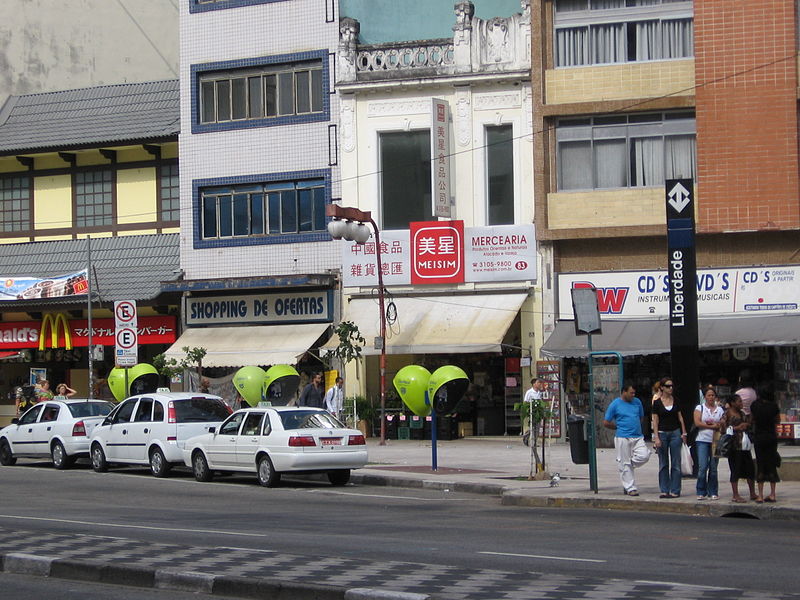

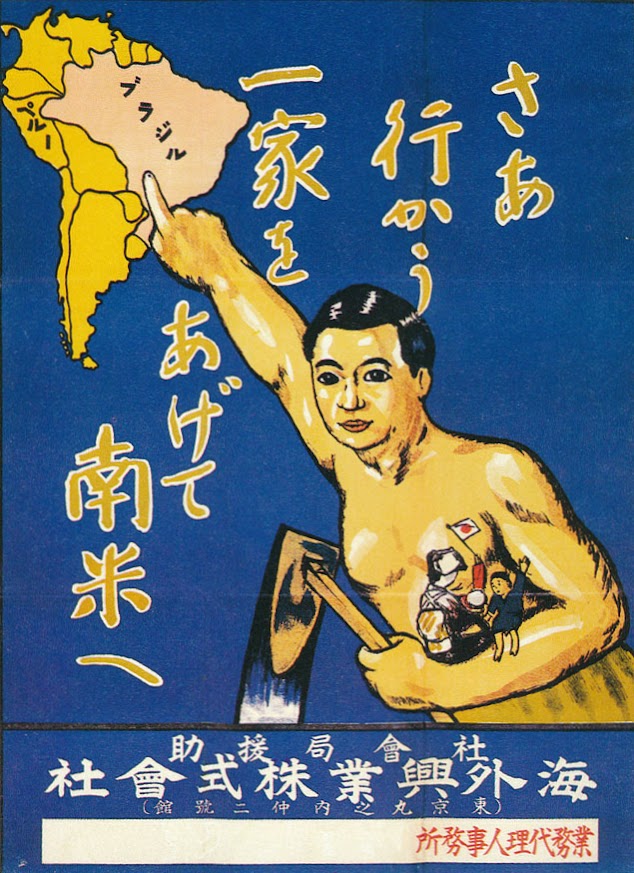




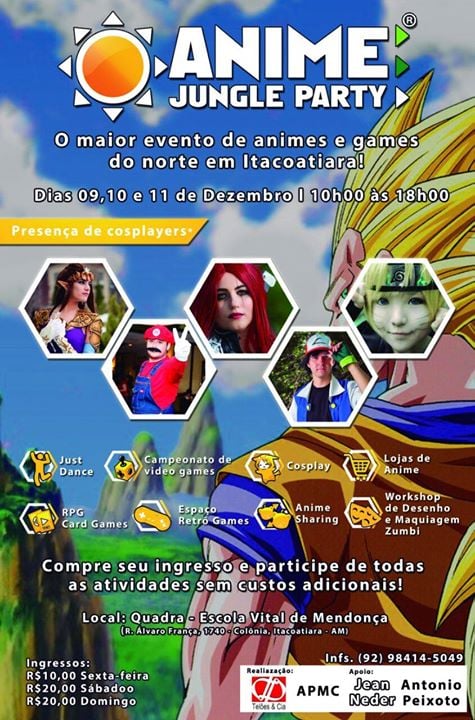






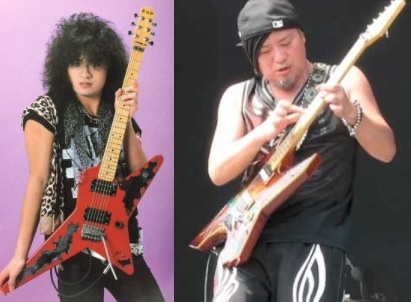

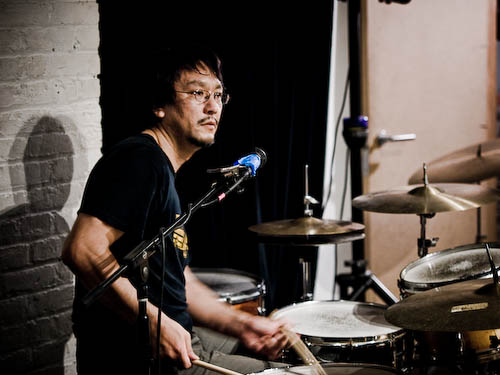


| キッズ | 日常英会話(入門) | 日常英会話(初級) | 日常英会話(中級) | 日常英会話(上級) | ビジネス英語(入門) |
| ビジネス英語(初級) | ビジネス英語(中級) | ビジネス英語(上級) | 旅行英語 | ドラマ・映画英語 | 時事英語 |
| 文法 | 発音 | ボキャブラリー | 英検 | TOEIC | TOEIC SW |
| TOEFL | IELTS | 学習方法カウンセリング |
ガイアナ出身のチャールズ先生は20年の指導経験を持つ、頼り甲斐のあるベテラン講師です。 先生はブラジルに住んでおられ、20年の英語指導経験をお持ちです。そのうち12年は地元の大学で教えておられました。現在は指導の場をオンラインに移され、講師を続けておられます。先生の強みは理解力、コミュニケーション能力、そして分かりやすい説明だそうです。コミュニケーションと会話力に重点を置いたレッスンを心掛けておられるそうで、効果的な言い回しや表現方法の指導、そして間違いの指摘も細かくしてくださいます。会話力と表現力の向上を目指す方にはおすすめの先生ですよ☆とてもユーモラスで優しい先生ですので、リラックスしてレッスンを受けて頂けます♪ それでは、チャールズ先生を宜しくお願いします♪ (2019/6/4 記載)
©株式会社 シンプソン all rights reserved.
